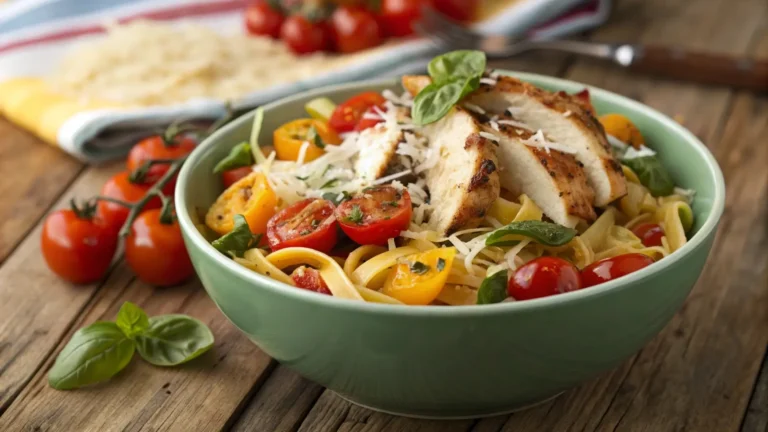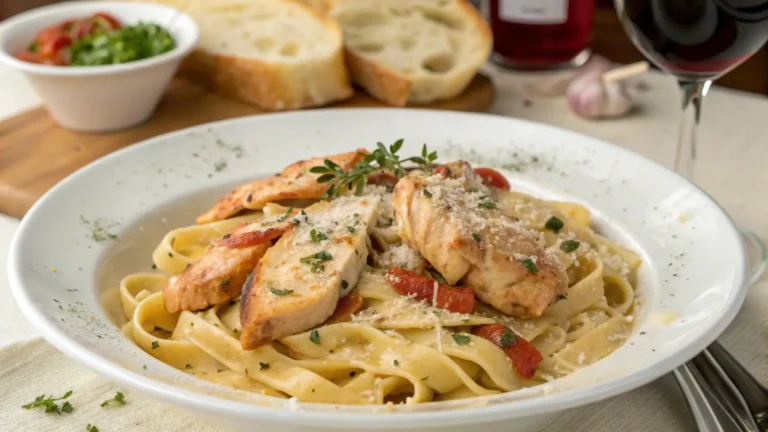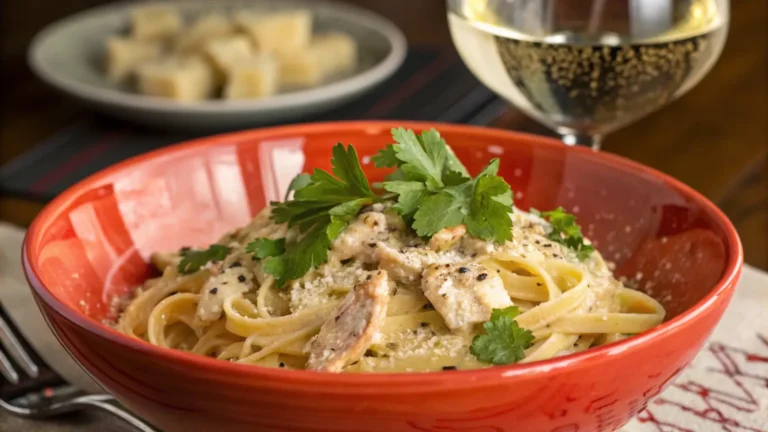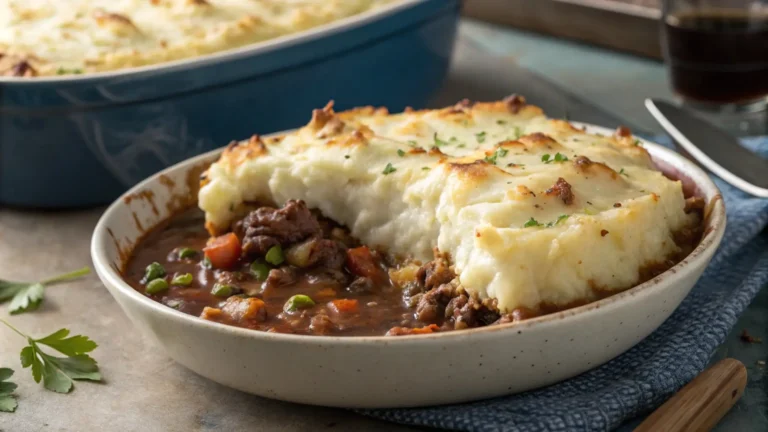Should I Cook Potatoes Before Adding to Soup?
Potatoes are one of the most beloved ingredients in soups. Whether you’re making a rich, creamy chowder or a light, brothy vegetable soup, the question often arises: Should I cook potatoes before adding to soup? The answer to this question depends on various factors, including the desired texture, the cooking method, and the type of soup you’re preparing. Let’s explore the science behind potatoes in soup and whether or not pre-cooking them is the best option for your dish.
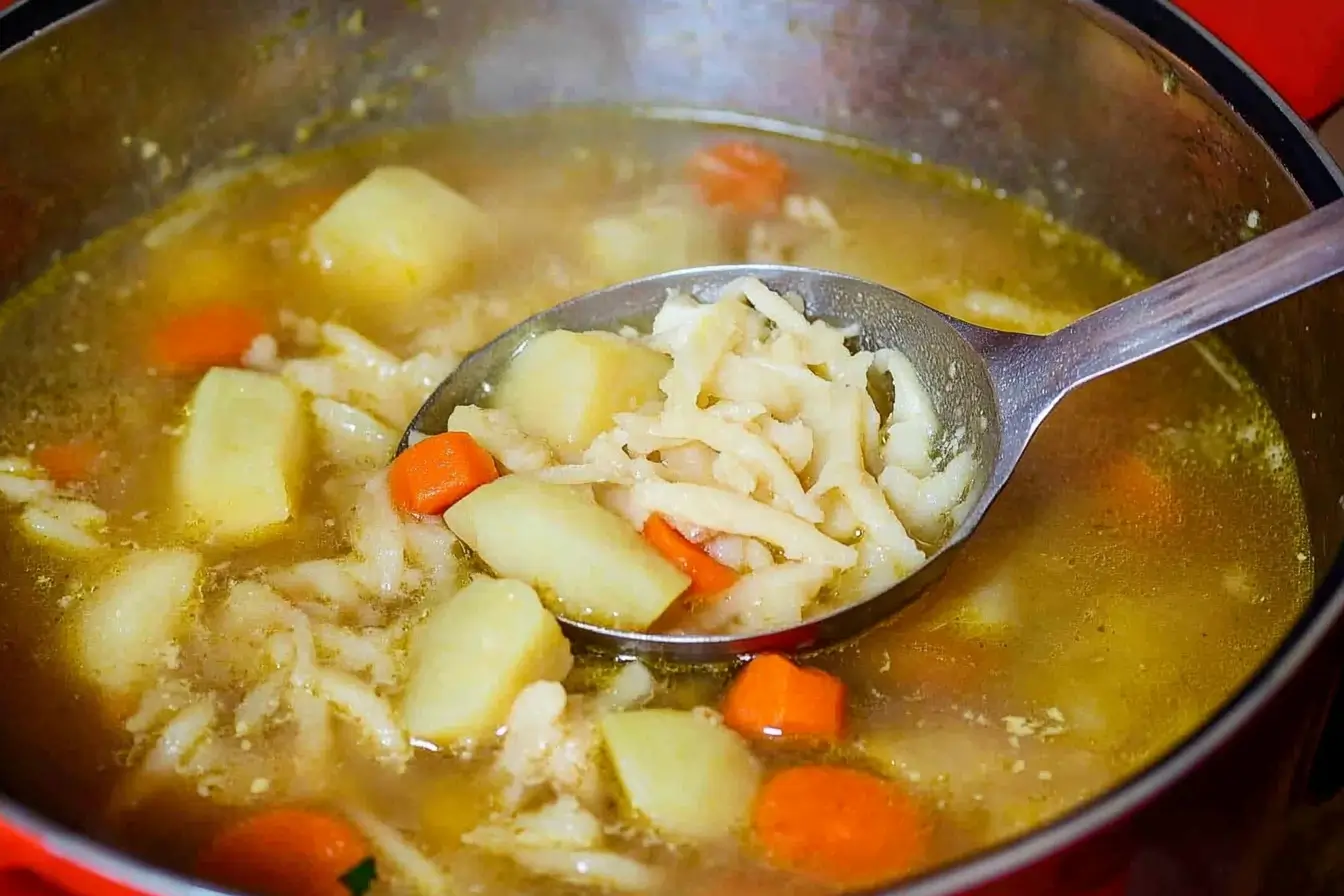
Introduction: Potatoes in Soups – A Versatile Ingredient
Potatoes are known for their versatility and ability to add depth, flavor, and texture to soups. They come in many varieties and can adapt to different cooking methods, making them a staple in kitchens worldwide. But how you cook them—whether pre-cooked or added directly to the pot—can affect the outcome of your soup in terms of flavor, texture, and cooking time.
Understanding the Role of Potatoes in Soup
Potatoes serve several functions when added to soups. Let’s break down how potatoes work and why they’re so integral to many soup recipes.
The Science Behind Potatoes’ Texture in Soup
When potatoes cook, they release starch into the soup, which can help thicken the broth. The type of potato you choose will affect the final texture:
- Starchy potatoes like Russets break down easily, making the soup creamy and thick.
- Waxy potatoes, such as Red or New potatoes, hold their shape better, which is ideal for soups that require chunky potatoes.
Flavor Infusion: How Potatoes Enhance Soups
Potatoes are excellent at absorbing the flavors of the soup base. Whether you’re using a broth, cream, or a vegetable base, potatoes will soak up these flavors, contributing to a richer and more satisfying taste. Cooking them directly in the soup allows them to absorb the seasonings and spices, enhancing the overall flavor profile of the dish.
For a similar hearty dish, check out our recipe for Crockpot Creamy Potato Hamburger Soup, where potatoes play a starring role in creating a creamy texture.
Benefits of Cooking Potatoes Before Adding to Soup
There are several advantages to cooking potatoes before you add them to your soup. Here are some key reasons why pre-cooking may be the best method for certain recipes.
Achieving a Perfect Texture
Pre-cooking potatoes ensures that they are uniformly cooked. This results in a creamy texture if you’re using starchy potatoes and helps avoid the possibility of undercooked or overly mushy potatoes. By cooking them separately, you have more control over their doneness and texture.
Reducing Cooking Time for Soups
When you cook potatoes before adding them to soup, the cooking time for the soup can be significantly reduced. Pre-cooked potatoes don’t require long simmering times, meaning your soup will be ready faster. This is especially helpful for quick weeknight meals.
Preventing Cloudy Broths
Cooking potatoes separately and adding them later helps keep your broth clear. Potatoes release starch into the soup as they cook, which can result in a cloudy, thickened broth. Pre-cooking them removes much of the excess starch, resulting in a cleaner, more transparent soup.
If your broth isn’t turning out as expected, explore our troubleshooting guide: Why Is My Potato Soup Not Creamy?
When Not to Cook Potatoes Before Adding
While cooking potatoes before adding them to soup has its benefits, there are also times when it’s best to add them raw. Here are some reasons you might want to skip the pre-cooking step.
Retaining Chunky Texture
If you prefer chunky potatoes in your soup, adding them raw allows them to maintain their shape. When potatoes cook in the soup, they release some of their starch, which makes them softer and thicker. Raw potatoes will hold their form better, creating the desired texture in the soup.
Enhancing the Soup’s Natural Starchiness
Potatoes are a natural source of starch, which helps to thicken soups. By adding them directly to the pot, you can use their starch to your advantage. This method is ideal for thicker, heartier soups like potato chowder or creamy vegetable soups.
When Time Is Not a Constraint
If you have the time to let your soup simmer for a while, adding raw potatoes is an effective way to integrate them fully into the dish. They will absorb the soup’s flavors while cooking and release their starch, thickening the broth naturally.
Different Cooking Methods for Potatoes in Soup
There are several ways to cook potatoes before adding them to soup, and each method has its advantages. Here are some common techniques:
Boiling Potatoes Separately
One of the most straightforward methods is to boil potatoes separately before adding them to the soup. This works well for soups that require a clear broth, as it keeps the excess starch out of the soup. Once the potatoes are tender, you can simply add them to the pot.
Parboiling: A Middle Ground
Parboiling involves partially cooking the potatoes before adding them to the soup. This method ensures the potatoes cook evenly and quickly once added to the soup, giving you control over their final texture. Parboiling can save time without sacrificing flavor or texture.
Adding Raw Potatoes Directly
If you’re aiming for a hearty, thick soup, adding raw potatoes directly to the pot may be the best option. The potatoes will cook in the broth, releasing starch and naturally thickening the soup.
How to Choose the Right Potatoes for Soup
Not all potatoes are created equal, and the type you choose can have a big impact on the texture and taste of your soup. Here are some tips for choosing the right potatoes:
Waxy vs. Starchy Potatoes
- Waxy potatoes (e.g., Red or New potatoes) are ideal for soups where you want the potatoes to hold their shape.
- Starchy potatoes (e.g., Russets) break down more easily and are perfect for creamy, thick soups.
Popular Varieties and Their Uses
- Russets: Great for creamy soups and chowders.
- Yukon Gold: All-purpose, versatile for various soups.
- Red Potatoes: Best for soups where you want the potatoes to remain intact.
Expert Tips for Cooking Potatoes for Soup
To get the best results when preparing potatoes for soup, here are some expert tips:
Cutting Techniques for Even Cooking
Cutting potatoes into uniform pieces ensures that they cook evenly and at the same rate. This is especially important when you’re cooking them in soup, as unevenly cooked potatoes can affect the texture and overall quality of the dish.
Using Seasonings While Cooking Potatoes
To enhance the flavor of the potatoes, consider adding some seasonings or herbs to the cooking water. This allows the potatoes to absorb more flavor before they are added to the soup, improving the overall taste of the dish.
FAQs: Common Questions About Potatoes in Soup
Do potatoes thicken soup naturally?
Yes, potatoes release starch when cooked, which helps thicken the soup naturally.
How long should potatoes cook in soup?
Depending on the size of the potato pieces, it typically takes 15–30 minutes for potatoes to cook in soup.
Can I use leftover cooked potatoes in soup?
Absolutely! Leftover cooked potatoes can be added to soup at the end for a quick addition.
What happens if potatoes are overcooked in soup?
Overcooked potatoes can break down too much and turn mushy, which may alter the texture of your soup.
Should I peel potatoes before adding them to soup?
Peeling is optional, depending on the soup’s style. For a chunkier texture, leaving the skins on can add extra fiber and flavor.
Are there any alternative ingredients to potatoes?
Yes, sweet potatoes, parsnips, and turnips can be excellent substitutes for potatoes in soups.
Conclusion: To Cook or Not to Cook?
Whether or not you should cook potatoes before adding them to soup depends on the texture you want to achieve, your time constraints, and the type of soup you’re preparing. Pre-cooking potatoes can give you more control over the texture and help create a cleaner broth, but adding raw potatoes can enhance the starchiness and flavor of the soup. Experiment with these methods to discover what works best for your soup recipes.


